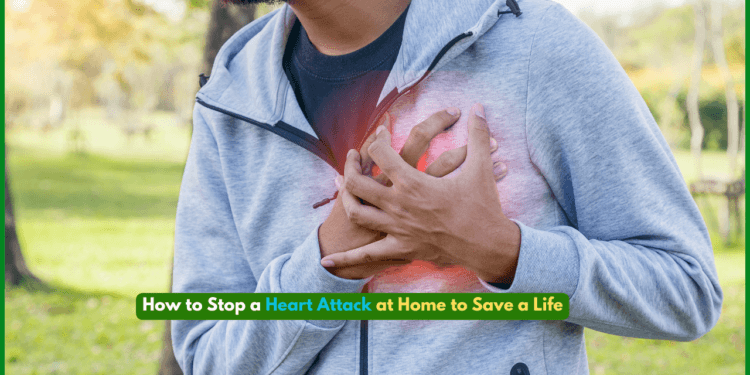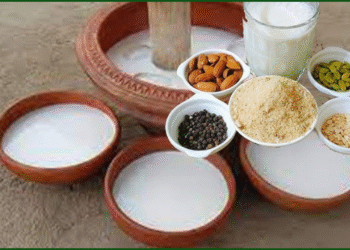Heart attacks remain a leading cause of death in Pakistan, but quick action at home can stop one in its tracks and save a life. With rising cases reported in 2025, Today Pakistan News offers this essential guide to recognizing and responding to a heart attack, ensuring no man—or anyone—faces a fatal outcome needlessly.
Dr. Ayesha Khan, a cardiologist at Aga Khan University Hospital, explains that a heart attack occurs when blood flow to the heart is blocked, often by a clot. Symptoms include chest pain, shortness of breath, sweating, and nausea—signs Pakistanis mustn’t ignore. “Acting fast is critical,” she says. “You can intervene at home before help arrives.”
Steps to Stop a Heart Attack at Home
- Recognize the Signs: Look for crushing chest pain lasting over 5 minutes, radiating to the arm, jaw, or back, paired with dizziness or cold sweats.
- Call for Help: Dial 1122 or a local emergency number immediately—don’t delay, even if unsure.
- Stay Calm: Sit the person down, loosen tight clothing, and keep them still to reduce heart strain.
- Give Aspirin: If available and not allergic, chew one 300mg aspirin tablet—it thins blood and can ease the blockage.
- Perform CPR if Needed: If breathing stops, push hard and fast on the chest (100-120 beats per minute) until paramedics arrive—training isn’t required to try.
- Avoid Food or Drink: Don’t offer anything by mouth except aspirin, as it risks choking or worsening the condition.
Pakistan’s Heart Foundation reports over 200,000 annual cardiac deaths, many preventable with awareness. “Every second counts,” Dr. Khan stresses, noting that rural areas like Swat often lack quick ambulance access, making home action vital. In urban hubs like Lahore, traffic delays further underscore the need for these steps.
This guide empowers families to act decisively. Today Pakistan News urges readers to learn these basics—share your stories or questions at todaypakinews@gmail.com as we promote health across Pakistan.


















































